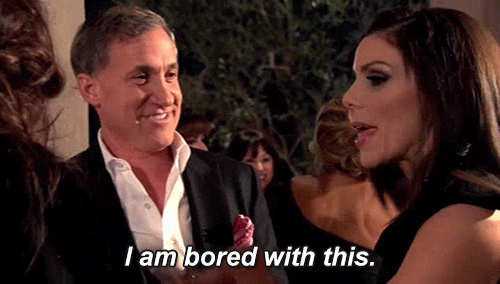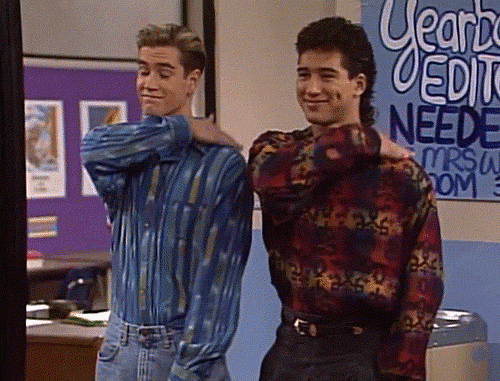While right now you’re busy enjoying college and trolling Tinder for matches, you won’t always be a student. Pretty soon you’ll be poring over job research and trolling Monster.com instead looking for the perfect way to make your major into your career. We all know the basics about looking professional and getting a job (clean up your social media, don’t use your middle school email, etc. etc.) but what makes you actually stand out? Before you hit send to that dream job, take one last look over your resume and see if you can take yours from good to spectacular.
Look Professional.

Formatting and font are the first things anyone sees on your resume. General formatting guidelines can be found online, and some career centers have resources for students. Some rules of thumb include keeping your font standard and use only one type. Make it readable, too: font size 10-14, please, says the University of Virginia career services site. Pretty self-explanatory, right? If you need a magnifying glass to see it or extra paper to fit it, you’re probably using the wrong size. Something surprising though, UVA career experts recommend you script fonds and those thick underlines. “Boldface and italics are generally better ways to highlight an item,” they said, and the standard rule is keep it to one page. That makes it not only easy for employers to read quickly, but easier for you to write!
Buzz Off, Buzzwords!

Do yourself this service first: eliminate those vague buzzwords. Contrary to Barney Stinson’s advice, employers don’t want you to emphasize your “linkativity.” Employers aren’t looking for creative (but made-up) buzzwords you think they want to hear. According to rawresume.com, many newbie resume-writers use vague words that mean nothing when they’re not sure what to write. That may seem difficult to avoid, but try taking their other tip and you may find it comes more natural: Rather than emphasizing what you did, instead describe it the benefits and results what you did accomplished. Rather than tell them your skills, show them. Use the real experiences you’ve had to create an accurate picture. Hopefully it’s a good one.
Choose Your Words Thoughtfully.

That being said, keywords aren’t always the enemy. Just like your mom taught you in second grade, choosing words carefully makes a huge difference in getting your resume to stand out. According to Boston College’s Career Services online resources, it’s a good idea to use keywords. What are those you ask? “Industry-specific nouns or phrases that employers use to search resume databases—to make sure your resume gets noticed.” Resumes submitted online (looking at you, monster.com) often end up in databases, so it’s up to you and your trusty keywords to stand out from the millions of other job-seeking megabytes out there.
Brevity is Sexy.

Like a good tweet or coffee with an ex, resumes should be short and to the point. “Most employers spend only 20 to 30 seconds looking at each resume during the first read through, so you need to make an immediate impact,” advise BC’s career experts. Employers won’t pore over your resume and try to read into its subtext (though if you somehow manage to include some subtext or character arc in your resume, perhaps you should drop everything and begin what could be the next great American novel). Remember that brevity is your friend. Another way to eliminate unnecessary wordiness is with structure. Make specific headings and only include the relevant information. Keep contacts to only the primaries, and leave room for all your amazing talents.
Be Proud!

Your resume doesn’t need to tell your life story. Recruiters will see right through your attempt to BS some ability you don’t have, advise the experts at the University of Virginia. They also suggest narrowing out the irrelevant experiences or hobbies. Focus on the skills you do have, and don’t fudge the rest. “Recruiters want to see that…you demonstrated pride in your experiences and put together a professional resume.” Finally, keep your explanations short to make the resume flow and allow the experiences to speak for themselves.
Lastly…If You’re Not Sure, Ask.

You’ve written and re-written a hundred times. You’ve gone through old emails, job websites and just about every source you can to put your work experience into a (mostly) final product: your ticket to a job, your baby, your pride and joy. Your resume is almost complete. But there’s still a nagging voice in the back of your mind saying you need more. If you’re really stressed about hitting that Send button, stop and take a breath. Make an appointment to see someone in the Career Center at your school. It never hurts to get a second, professional opinion, and the fact you’ve already started on your own will help you get the most out of even a quick visit.



















